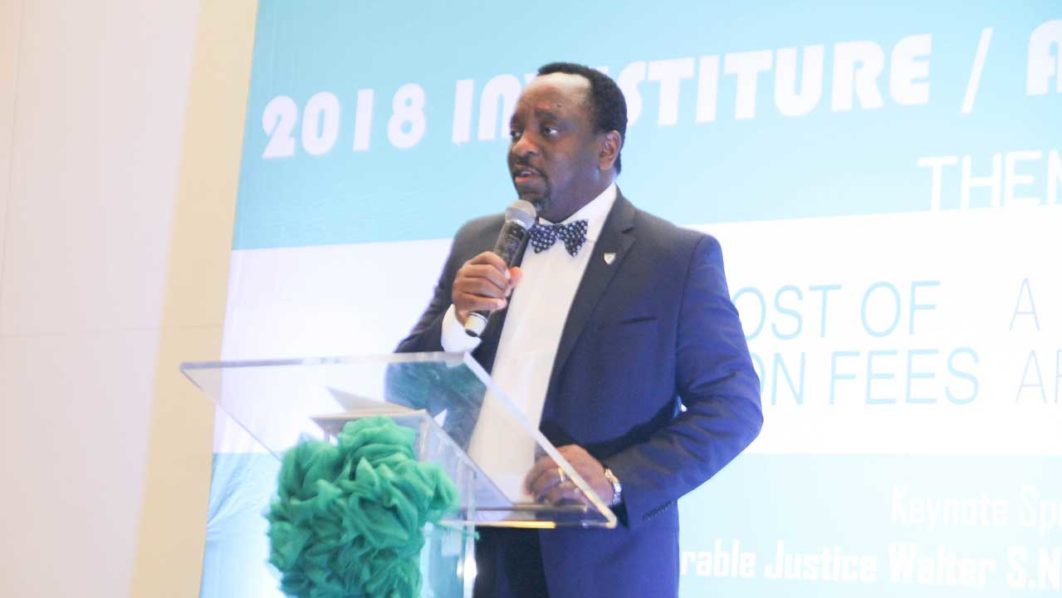
Stakeholders have called on the government to invest heavily in human capital development (HCD) as a necessary step toward developing the economy.They argued that productive economies are driven by three key elements – knowledge, governance and human capital, while the people factor plays a significant role.
A professor of corporate governance from the Lagos Business School, Fabian Ajogwu, hinged human capital on knowledge, skills and good health, which empower people to achieve their potential and drive economic growth.
He delivered a keynote address during the investiture of Ahmed Gobir as the 21st President and Chairman of the Governing Council of the Chartered Institute of Personnel Management of Nigeria (CIPM). He spoke on the theme ‘Strategic Human Capital Development as a Crucial Imperative for Sustainable National Development’.
He said the World Bank, in its HCI, puts Nigeria at 0.36, which means that every child born in Nigeria will only achieve 36 per cent of their true productivity level.
According to him, 36 per cent, by all considerations, is not a pass mark, which means Nigeria is not doing well in that area. He said this is lower than the average for the sub-Saharan Africa region of 40 per cent and lower, middle-income countries of 48 per cent.
He lamented the low budgetary allocations to the educational sector that had made the sector fall far below the United Nations Educational Scientific and Cultural Organisation (UNESCO) recommendation of 26 per cent of a national budget.
The don said investment in education has yielded more returns in HCD that transforms to health, wealth, and job creation while non-investment brings about poverty over time.
Citing instances in the health sector, where one doctor oversees 4,000 patients while the UN recommended one doctor to 600 patients. He said this leaves a huge challenge in the nation’s macroeconomics that forces young professionals and the best brains to seek green pastures abroad.
Ajogwu recalled that the same thing happened to India before they addressed their poverty syndrome and now become one of the top countries globally in human capital development.
Notwithstanding the opportunities that follow when the nation looks at its diaspora remittances, which have exceeded its Foreign Direct Investments (FDIs), he said what the country needed now was to create a quality educational system for its citizens rather than fighting to stem the japa syndrome.
According to him, “It is when you find out what employers need that you detail curriculum to meet their needs and not when you create curriculum, graduate them and then you expect employers to fit in into the curriculum or start training to augment the gaps in the curriculum.”
On the impact of HCD on Nigeria, he said it will contribute to the Gross Domestic Product (GDP) and economic performance, where these are very easy to identify and measure.
Ajogwu called for public-private sector partnership, long-term planning, commitment, and focus on education to meet industry alignment as measures to develop the nation’s human capital development.
Noting that HCD was critical for sustainable national development, he said challenges of inadequate funding of brain drain syndrome and other socio-economic factors like strategic reforms must be addressed.
The don urged that Nigeria should learn from countries like Rwanda that have done well to improve their human capital outcomes. The new CIPM President, Gobir, outlined his strategic goals for the institute, emphasising the importance of adapting to the evolving HR landscape.
He said his vision for CIPM focuses on reinforcing the institute’s position as a global leader in people management, promoting best practices, and expanding its reach and influence both locally and internationally.






